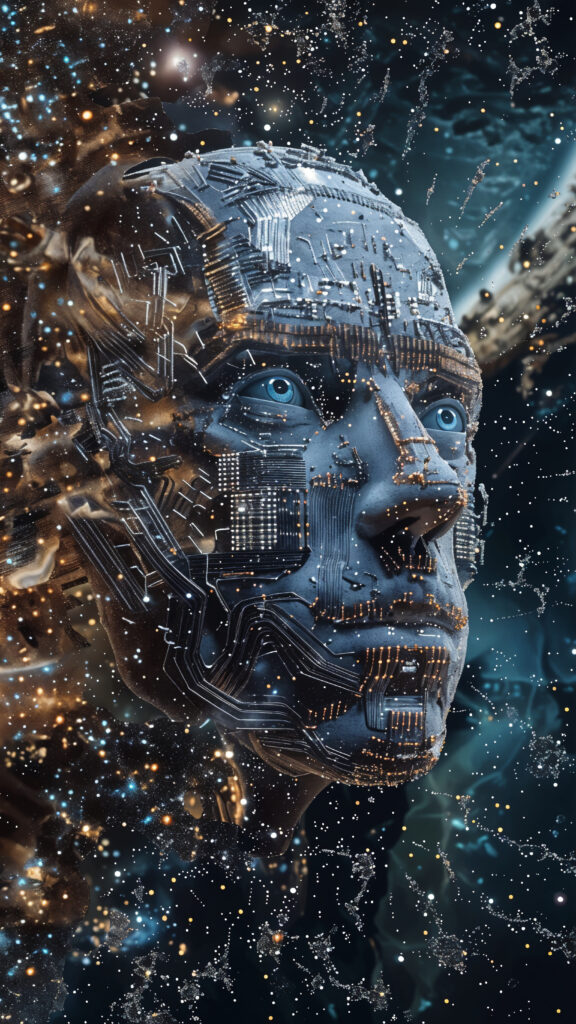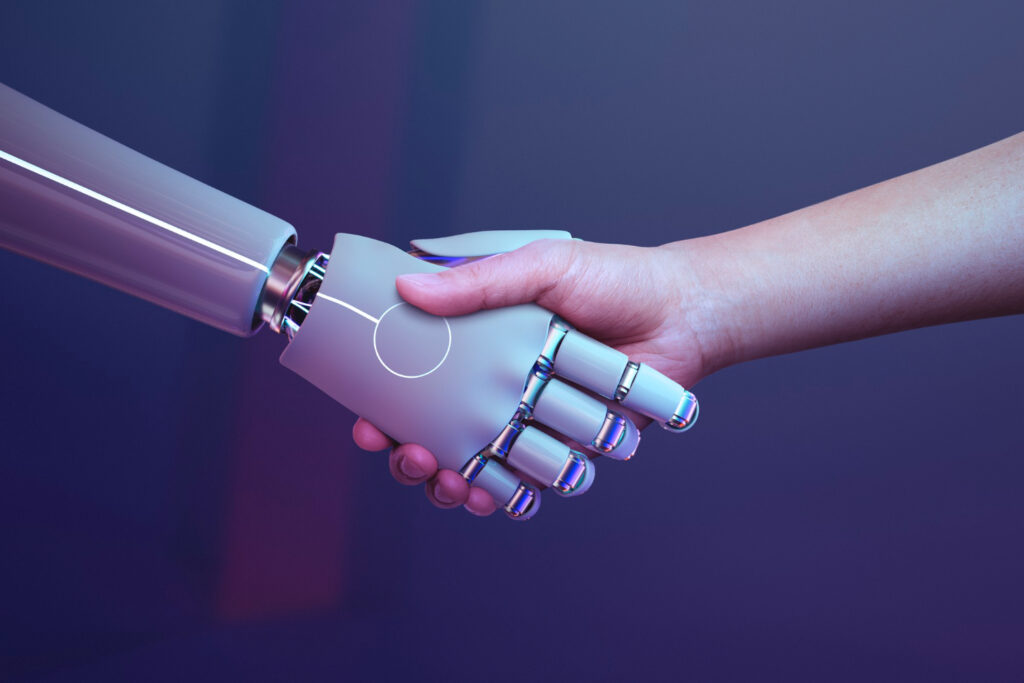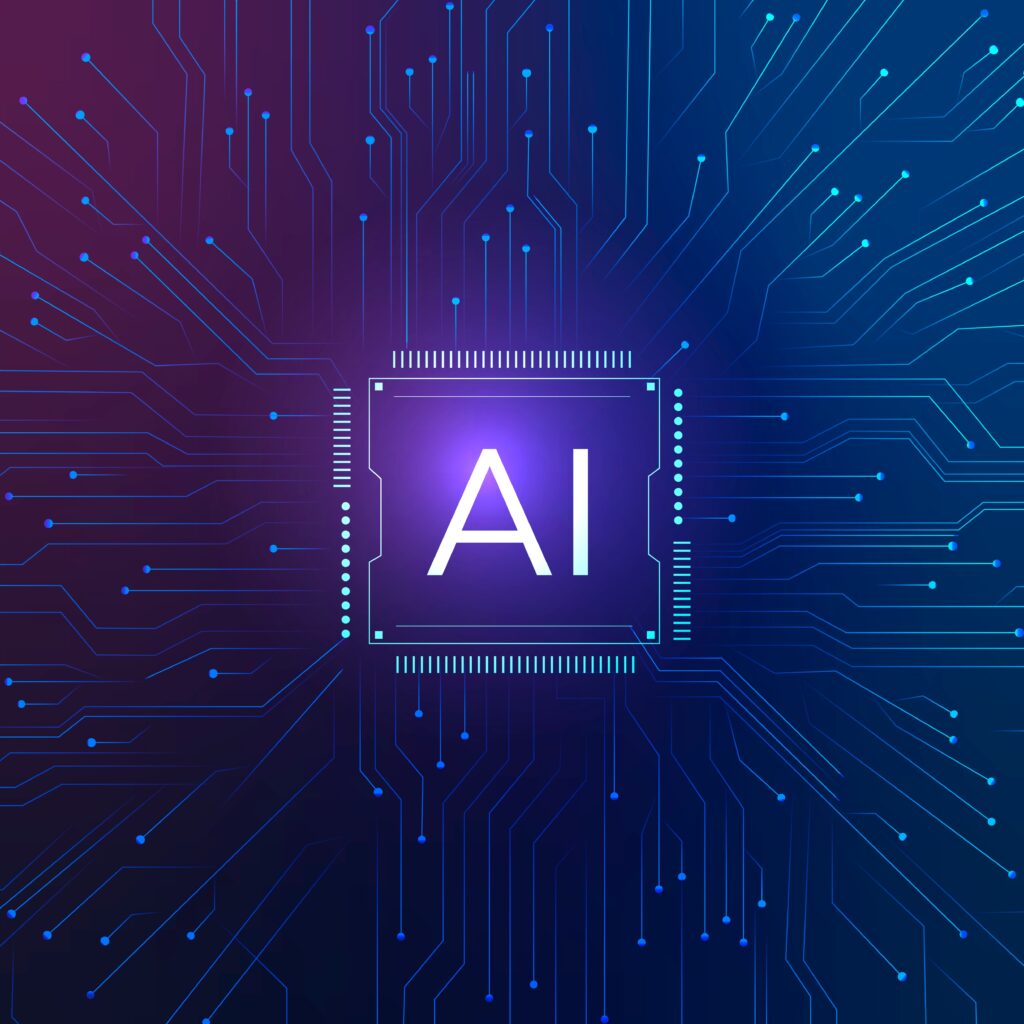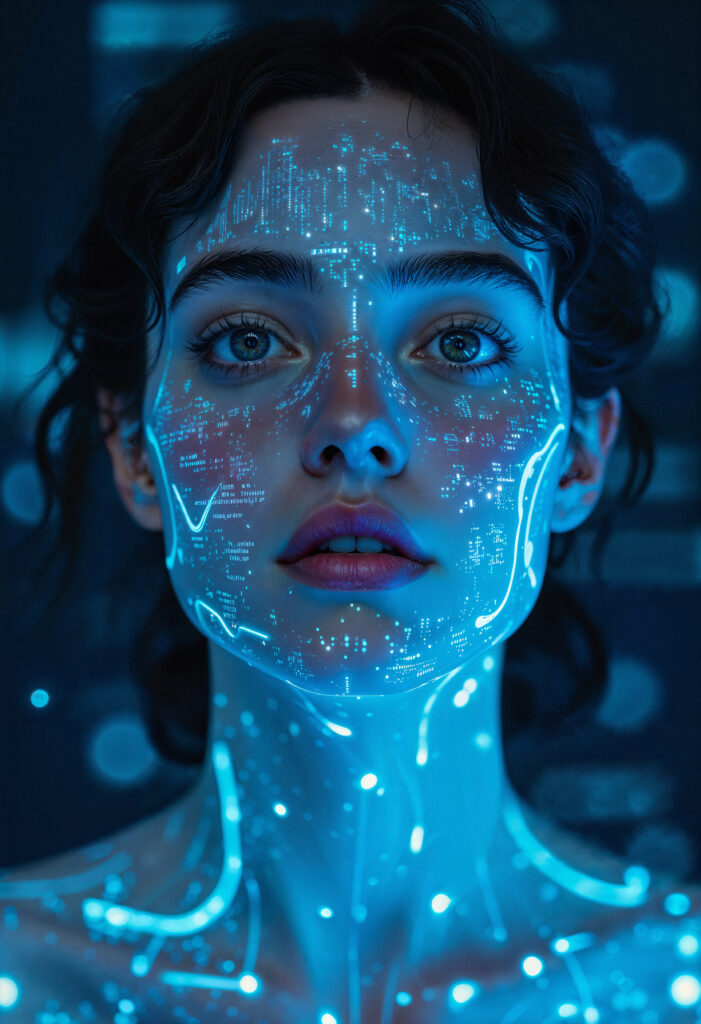
One algorithm at a time
Artificial Intelligence or better known to many of us as simply AI, is no longer relegated to the pages of a science-fiction novel or the sterile space of a research lab. It has become part of our daily lives, transforming what we do, where we do it and how we think. AI is rapidly shaping the future, from personalized recommendations on music and video streaming services to self-driving vehicles. But what is AI, and why is it such a big deal?
What Is Artificial Intelligence?
Basically, Artificial Intelligence is the imitation of human intelligence in machines. They are systems that are capable of thinking, learning and acting, often modelling human mental tasks like problem-solving, language comprehension and pattern recognition. So, for instance, data-driven artificial intelligence entails and can be divided into relatively simple artificial intelligence that goes on Data knowledge until October 2023.Narrow AI: Weak AIs, in contrast, could be built for accomplishing one particular task (facial recognition, internet searches, voice assistants like Siri and Alexa, etc.). The majority of the AI we use today falls within this category. General AI: Strong AIs would be able to carry out any intellectual task that a human being is capable of doing. This is an advanced and yet partially theoretical concept that is still being developed.

The Ways AI is Affecting Our Life
- Healthcare
AI has transformed the face of the healthcare sector. From early diagnosis of diseases using medical imaging to personalized treatment plans based on genetic data, AI is assisting the doctors to make faster and more accurate decisions. There are some AI-enabled chatbots that can make referrals, arrange appointments, and provide mental health care. - Education
AI improves the way students learn. Systematic intelligent tutoring systems, personalized learning applications, and automatic grading systems are transforming education into an easier and efficient mode of accessibility. AI-enabled platforms are capable of analyzing a student’s learning habits, and further can provide customized content suitable according to their pace and style of learning. - Business and Marketing
AI helps companies, through large amounts of company data, analyze trends for optimizing operations and better customer service. To provide 24/7 customer support, AI chatbots make use of machine learning algorithms that help in targeted advertising, customer segmentation and sales forecasting. - Finance
Fraud detection, automation of trades in the stock market and the management of portfolios are some of the benefits AI is making in the bankings and finances. Robo-advisors are also becoming more popular as they might use algorithms for investment advice for retail investors. - Transportation
Self-driving vehicles are one of the most keenly watched AI innovations to date. Although this development is not yet widespread, it is very much the focus of research and development investment efforts at companies like Tesla, Waymo, and Uber. AI’s already being adopted in logistics applications, optimizing routes to spend less fuel.

A Historical Perspective of both Machine Learning and Deep Learning
AI is a wide field, and it has two of its strongest branches, namely, Machine Learning (ML) and Deep Learning. Machine Learning would mean getting a system to learn by asking it to digest data; it will extract information from patterns it finds and use those patterns to carry out action without including the need for specific programming to handle each task. Deeper Learning is a much more difficult and therefore more complex version of ML, influenced by the human brain architecture. By stages of several layers, this type of learning within a neural network is said to be able to analyze your data highly accurate-for instance, when recognizing facial differences or translating a particular language. These technologies bring AI systems into making continuous improvements, thus becoming more efficient and accurate with more data. Ethical Issues and Challenges As with each of the mighty technologies, AI is, likewise, surging with a multitude of ethical issues and challenges:
- Joblessness:
The driven forces of AI-enabled automation are likely to displace jobs in manufacturing, customer service, data entry, etc. Although it can possibly create new types of jobs, the transition would be difficult for some workers. - Prejudice and Partiality:
As with all intelligent systems, an AI system has its limitations. The AI reflects itself in the data on which it is trained. It raises a question as to whether it is against discrimination in hiring or in lending.
3: Privacy Issues:
Most of the AI systems are based on huge datasets, and these datasets might include sensitive personal information. So, there exist increasing concerns over how the data has been brought together, kept, and used, with the questions of surveillance and consent rising.
- Autonomy and Accountability
What happens if an AI system errantly causes an accident? For example, if a self-driving car crashes, who is to blame? As machines make more decisions independently, legal and moral liability becomes more complicated.
The Future of AI: What’s Next?
There should be a great deal of promise for the future of AI, along with some uncertainty. There are just a few things expected in the years ahead after a decade’s time:
More Human-Like Interactions: The efficiency of communicating with machines in everyday language will continue improving by enhancing natural language processing.
Smarter Cities: For example, AI use in traffic management at lowering energy consumption and-his efficiency as well as sustainability in urban life could potentially help.
AI and Creativity: We are already having computerized art creation, computerized music, and even computerized writing. They will become collaborative participation in creative processes as such systems mature.
General AI Development: There are still no machines that can think like humans; however, research into AI development is progressing rapidly.

AI in Keeping with Ethical Responsibility
AI might be the answer for some of the world’s biggest problems-from climate change to disease detection. But developing the full potential of this iconic concept entails very responsible ways of developing it to create fair algorithms, privacy issues, transparency, and welfare impacts caused by automation.
Awareness and education would be an essential part of this. What can we do as individuals as a whole? Understand how AI works, question how it is used, and advocate for establishing policies that protect human values in an increasingly automated world.
Definitely, the point of conclusion:
AI is not a technological revolution but a revolution in the society. It will change industries, economies, and people’s lives. While it brings tremendous opportunities, it also requires a lot of careful consideration and ethical alertness. The challenge we face is not to create intelligent machines but to use them sensibly. As we walk into an increasingly AI-dominated era, the questions that will arise will not be whether AI will impact our lives; the major question will remain: how will we shape the change?
Hello